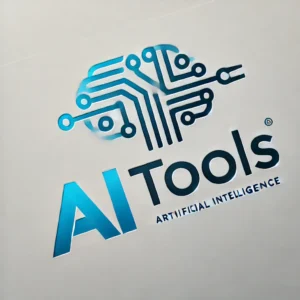Home Ai Tools
Ai Tools
 Discover top AI tools for productivity. Streamline tasks, boost efficiency, and simplify your workflow with cutting-edge artificial intelligence solutions.
Discover top AI tools for productivity. Streamline tasks, boost efficiency, and simplify your workflow with cutting-edge artificial intelligence solutions.
 Discover top AI tools for productivity. Streamline tasks, boost efficiency, and simplify your workflow with cutting-edge artificial intelligence solutions.
Discover top AI tools for productivity. Streamline tasks, boost efficiency, and simplify your workflow with cutting-edge artificial intelligence solutions.